About
Every person forced to leave their home country and seek safety elsewhere faces the challenge of rebuilding their life somewhere new. The pathway to doing so will be different for each person - but for many people, it involves navigating an unfamiliar system in order to learn a new language, settle within a new community and generate a livelihood.
Women from refugee backgrounds face particular barriers to rebuilding their lives in the UK. They are less likely to have formal work experience than their male counterparts and often find it difficult to attend English classes due to childcare responsibilities. On top of this, many women rebuilding their lives in the UK are also coping with the trauma of having experienced sexual or gender-based violence.
Bread & Roses exists to support women to overcome these barriers.
What we do
We run floristry training programmes to support women from refugee backgrounds to rebuild their lives in the UK
Our programmes are designed to improve participants’ vocational and English skills, supporting them to participate in society as they settle into life in the UK. They also give participants the chance to build new networks and enjoy the therapeutic benefits of working with flowers.
We support organisations who want to deliver one of our programmes for refugee and asylum seeking women in their local community
Since launching in 2016, we’ve received a huge amount of interest from individuals and organisations who want to run a Bread & Roses programme - combining our model with their local knowledge and networks to harness the benefits of floristry and support women to rebuild their lives. We’ve seen that our approach works when replicated elsewhere, with sister organisations in Paris and Nantes. We have since funded organisations in Glasgow, Bristol and Swindon to work with women in their local communities and our working on how we can support more organisations to run our programmes. You can read our FY20/21 impact report here and learn more about our programmes here.
We give people the chance to show their solidarity with the women we support by ordering our flowers and helping us fund our work
These days, lots of us are looking for ways to use our purchasing power to support organisations that are doing their bit for people and the planet. By ordering your flowers from Bread & Roses, you are funding programmes that give women an opportunity to develop critical skills, helping them as they rebuild their lives in the UK. We’re a sustainable florist, meaning our bunches are only ever made using British-grown blooms and are wrapped with recyclable packaging. You can check out our shop here.
Why we do it
Gendered impact of UK systems
Evidence shows that refugees with poor language skills are most at risk of exclusion. English classes are often difficult for women with childcare responsibilities to attend, as they do not offer a creche or are held at times that clash with the school run. Additionally, classes are often taught in a mixed gender setting, which can present another barrier to women participating.
Sexual and gender-based violence
According to the UN Refugee Agency, refugees and internally displaced people - who do not enjoy the protection of their own governments - are among those most vulnerable to acts of violence, including sexual and gender-based violence. Women and children, who are often most vulnerable to human rights abuses, are also the ones who suffer most from sexual and gender-based violence. Some women rebuilding their lives in the UK are traumatised by the sexual and gender-based violence they have experienced in their home country, during their journey or after arriving here.
Lack of employment experience
World Bank data shows that on virtually every global measure, women are more economically excluded than men: they are more likely than men to be engaged in low productivity activities, work more in informal employment, and transition more frequently between being in employment and out of the labour force. Many women from refugee backgrounds have therefore had restricted access to employment, limiting their ability to secure work in the UK’s competitive labour market.
How we provide support
Greater wellbeing
Offering participants the chance to learn floristry which has therapeutic benefits, in an environment that is safe, welcoming and inclusive of all women
Stronger communities
Facilitating participants to build networks and make friendships, helping them to settle into their local community
Improved English
Enabling participants with English as a second language to develop their language skills and confidence speaking
Increased access
Informing participants about local and national services for support in areas such as education, employment and housing
What our participants say
“I loved working with the plants, particularly calming lavender and stimulating eucalyptus. But I also learned social skills like networking, working as a team and not being afraid to ask for help. I was already interested in floristry, but I’ve never been green-fingered so I didn’t think I’d have the skills. Building my knowledge, and being prepared to make mistakes and learn from them, has made me realise that anything is possible if you put your mind to it and have the right support network around you.”
— N, from Ghana




